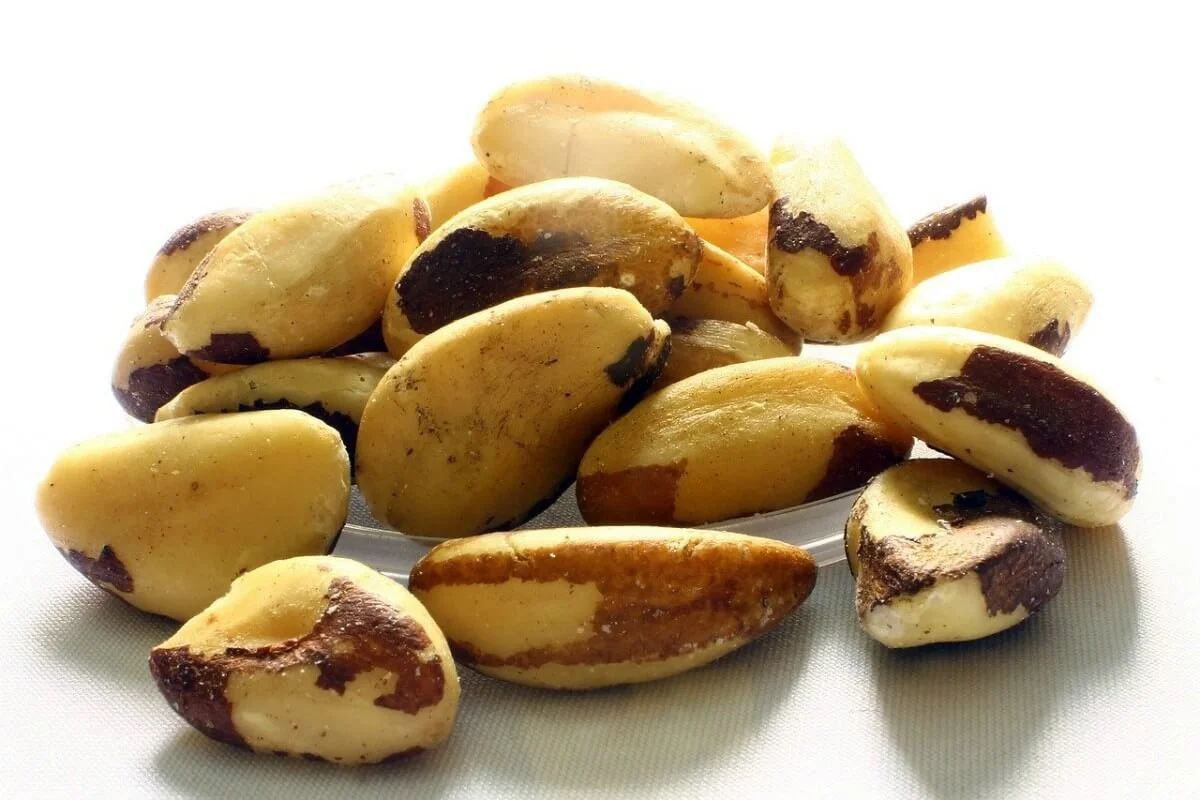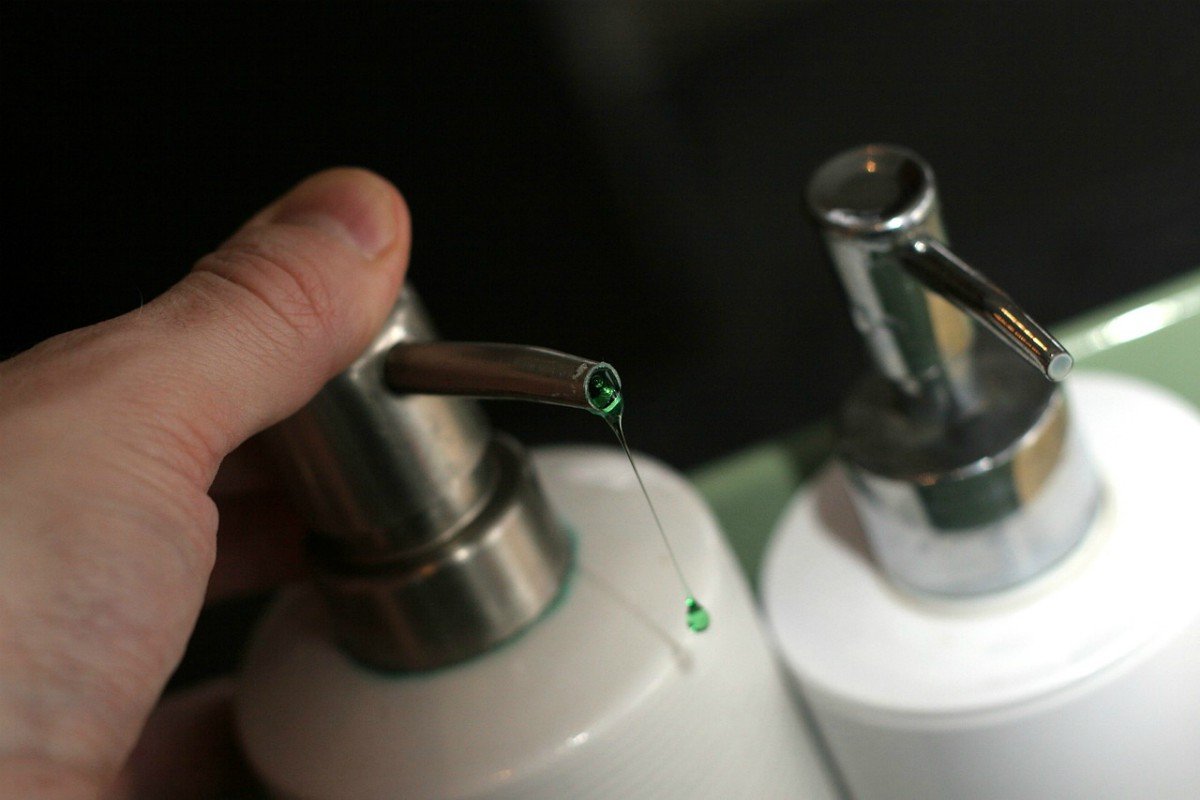Healthy Eating For A Healthier Thyroid
Discover > Texas Mom Blog > Healthy Eating For A Healthier Thyroid
The Thyroid is a small gland in our throats. This little gland has a funny butterfly-like shape but carries the responsibility of a very important job. It is a part of our endocrine system that controls the metabolism. The function of the thyroid gland is to Make chemicals called hormones that control many of our body’s functions.
How Does the Thyroid Work?
the thyroid is located right below your voice box. It releases 2 main hormones, T3 and T4, That regulate your metabolism- the processes that breakdown your food to make energy.
They also assist in controlling body temperature, cholesterol levels, how fast the heart beats, and women's menstrual cycles.
The pituitary gland directs the thyroid on how much T3 and T4 needs to be released into your bloodstream directly.
What happens when the thyroid gland does not work efficiently?
Sometimes the thyroid gland may develop an issue. It may start producing too much or too little of a hormone. It could become inflamed or shrink.
Hypothyroidism
When the thyroid does not make enough hormones it slows down your metabolism. This condition is called hypothyroidism. It causes you to gain weight and feel lethargic.
Hyperthyroidism
Your thyroid might even start overworking and produce too much of hormones. This will leave you feeling irritable, anxious & weak.
Goiters
When your thyroid gets inflamed, it makes a bulge in your neck that may cause you to cough or make your voice sound harsh. This is called a goiter. Goiters may be caused due to the lack of Iodine in our body. Iodine is an element the thyroid needs to function properly.
Thyroid Health in the USA
The incidence of thyroid diseases in our country has increased dramatically or the past few decades. This could be due to many factors, but one factor could be lifestyle changes. By lifestyle changes, I mean the dietary changes that have occurred in our lives.
Once the thyroid starts to malfunction, changes in diet are not effective in curing the condition. However, maintaining a balanced diet will ensure a healthy and well-functioning thyroid gland.
How to Maintain Good Thyroid Health
You do not have to begin eating the right foods only after you are diagnosed with a thyroid disorder. Adapting a varied a balanced diet means you stand a lesser risk of developing a thyroid gland disorder.
Close to 70% of your auto immune system is found in your gut. When the gut lining becomes inflamed, it can trigger an immune response which could affect the thyroid gland, it's functionality and its health.
To keep gut inflammation in check, the best diet is The Mediterranean diet. Include up to 5 servings of vegetables and 3 servings of fruit each day. Add plenty of lean proteins and fatty fish like anchovies, (What wine goes well with anchovies?) mackerel and herring.
Healthy fats like extra Virgin olive oil, organic cold pressed coconut oil, avocados, and nuts are essential and effective in reducing inflammation.
Include foods rich in Iodine such as eggs, seaweed, tuna, shrimps, dairy products and iodized salt (how long does iodized salt last?) to promote good thyroid health.
Foods Your Thyroid Does Not Like
No surprise here- steer clear of process, packed foods with sugars and preservatives. Processed food contains a lot of trans fats, MSG and high fructose corn syrup (how long does corn syrup last?) which is the number one cause for intestinal inflammation. This can trigger autoimmune flare ups which can affect various parts of the body and especially the thyroid.
Also try to cook your veggies even if it is only steaming them. Cruciferous vegetables like cauliflower, kale, cabbage, Brussels sprouts and cabbage are packed with good nutrients like folate and vitamin C but eating them raw could mess with your thyroid. Cruciferous vegetables have natural chemicals called goitrogens that interfere with thyroid hormone synthesis. These goitrogens can be inactivated by light steaming so do not exclude them from your diet but do cook them for maximum benefit.
Talk to Your Doctor About Supplements to Boost Thyroid Health
You may not need an Iodine supplement as the iodized salt in our diet is mostly enough, but you can consider supplements to boost your thyroid health. Vitamin D and selenium can reduce anti-thyroid antibodies. You could eat a couple of Brazil nuts daily to increase the intake of selenium in your diet.
Taking a good probiotic that contains active cultures of Lactobacillus acidophilus and Saccahromyces boulardii Helps modulates the immune system, encourage intestinal permeability and enhance gut motility. Yogurt is also a great source of vitamin D and probiotics.
Environmental Toxins That Harm Your Thyroid Health
Chemicals that interfere with your body's endocrine system are called endocrine disruptors. Long term exposure to endocrine disruptors can trigger endocrine problems. Some very common and potent endocrine disruptors which are linked to thyroid disease are perfluorinated chemicals PFC’s, Bisphenol- A and phthalates.
Nonstick cookware flame resistant clothing and carpets contain perflouorinated chemicals. Phthalates are present in almost all products that have fragrance. Hard plastics contain Bisphenol-A. All these chemicals are linked with causing imbalances in your hormone levels. Triclosan in anti-bacterial soaps is said to have altered hormone levels in animals. Use regular soap and stay away from the highly advertised antibacterial ones.
The Final Say
Try to consume as many fresh foods as you can. Store them in glass containers, keep your home well ventilated and use essential oils only when fragrance is required. Get your hormone levels monitored regularly, and make the necessary changes in your lifestyle to promote good overall thyroid functioning.






